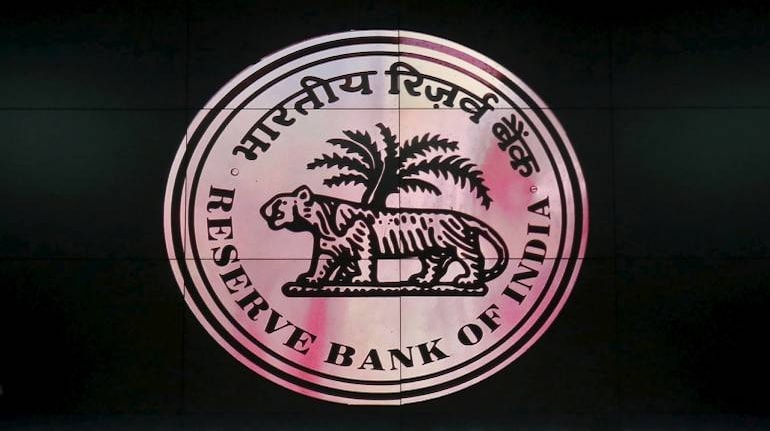
The Monetary Policy in June will see one more vote in favour of a rate hike, in the form of Reserve Bank of India's Deputy Governor Viral Acharya.
In the minutes of the 10th MPC meeting released on Thursday, Acharya said he is likely to shift decisively to vote for a beginning of “withdrawal of accommodation” in the next MPC meet on June 5 and 6, 2018.
On April 5 and 6, the six members of the MPC, headed by RBI Governor Urjit Patel, decided to keep the key policy repo rate unchanged at 6.00 percent, with one member Dr. Michael Debabrata Patra (RBI executive director) voting for a hike and the rest five voting for a status quo.
"I feel it is important to let some more hard data come in, especially on growth, and allow some more time to let the early skirmishes on the global trade front play out. I am, however, likely to shift decisively to vote for a beginning of “withdrawal of accommodation” in the next MPC meeting in June," Acharya expressed his candid views in the minutes.
On the rate decision, Patel reasoned, “Even as inflation has moderated in recent months, several upside risks to inflation persist. Hence, I would like to wait for more data and watch how various risks to inflation evolve, going forward. I, therefore, vote for holding the policy repo rate at the current level and maintaining the stance as neutral.”
However, his deputy Acharya stated, “I have moved substantially closer to switching from the neutral stance to beginning the process of withdrawal of accommodation. This is in spite of the softening of inflation in recent prints.”
Referring to his commentary in February policy he said, “I had flagged two reasons that had induced me to pause from voting to begin the process of “withdrawal of accommodation”: first, the possibility of US shale gas response softening the oil price outlook, and two, growth recovery in the economy still being nascent. Uncertainty on these fronts has now receded.
An inflation targeting central bank needs to separate “signal” from “noise” in the data. Acharya said in the minutes.
The sole dissenter yet again, Patra said, “I maintain my vote for a 25 basis points increase in the policy rate. Underlying macroeconomic developments impart some urgency to commencing the withdrawal of accommodation…The main risks to the achievement of the target are festering in the category of CPI excluding food and fuel in which inflation has stubbornly risen above 5 per cent over the past three months. Over the course of 2018-19, inflation in this category is expected to peak close to 6 per cent in June and moderate in the rest of the year to settle at a little above 5 per cent.”
He also pointed out that “Should the food situation turn adverse or overwhelm food management strategies, we will have to deal with inflation testing the upper tolerance limit of the inflation band. Households are reflecting these fears in their inflation expectations, and both bond and credit markets have been tightening interest rates well ahead of the MPC.”
However, Acharya said it is important to let some more hard data come in, especially on growth, and allow some more time to let the early skirmishes on the global trade front play out. “Reinforcement of inflation-targeting credibility that such a shift would signal is crucial in my view for prudent macroeconomic management, on both the domestic and external sector fronts.
The RBI chief believes that the outlook of inflation also faces several uncertainties emanating from: (i) the increase in minimum support prices for kharif crops; (ii) elevated and volatile crude oil prices, in part due to geo-political factors; (iii) the staggered impact of revision in HRA by various State Governments – the direct impact on inflation will be statistical in nature, which will be looked through; (iv) fiscal slippages by the Centre and the States; and (v) the performance of the monsoon.
The rest of the MPC members maintained a 'wait and watch' approach until more data evolves.
The MPC meet in April was attended by all members -- Dr. Chetan Ghate, Professor, Indian Statistical Institute; Dr. Pami Dua, Director, Delhi School of Economics; Dr. Ravindra H. Dholakia, Professor, Indian Institute of Management, Ahmedabad; Dr. Michael Debabrata Patra, Executive Director (RBI nominee); Dr. Viral V. Acharya, Deputy Governor in charge of monetary policy and Dr. Patel.
Discover the latest business news, Sensex, and Nifty updates. Obtain Personal Finance insights, tax queries, and expert opinions on Moneycontrol or download the Moneycontrol App to stay updated!